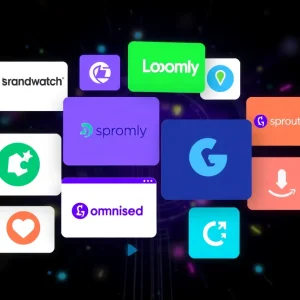COLUMBIA, S.C. — Fresh Developments on South Carolina’s School Voucher Program
In a significant turn of events, South Carolina’s Governor Henry McMaster is pushing for the state Supreme Court to reconsider its recent ruling regarding a controversial school voucher initiative. This comes just two weeks after the court struck down a key feature of the new Education Scholarship Trust Fund program, which aimed to assist lower-income families with educational expenses.
What’s the Program About?
The Education Scholarship Trust Fund was designed to provide families earning below a specific income level with an annual sum of $6,000. This money could be allocated towards various school-related expenses, including tutoring and textbooks, but the recent ruling has stirred quite the conversation.
Recent statistics reveal a pressing issue in South Carolina, where nearly one in five children have parents or guardians who have had to change jobs, quit, or forgo job opportunities due to child-care challenges. With these pressing pressures, many families had hoped to utilize this program to ease their financial burdens.
The Court’s Controversial Decision
However, the Supreme Court made a 3-2 decision declaring that allowing public funds to be used for private school tuition was unconstitutional. The court highlighted a specific prohibition in the state constitution that prevents public money from directly benefiting private and religious schools.
Governor McMaster expressed his disappointment and frustration over the ruling. He believes the decision is “fundamentally flawed,” arguing that it incorrectly defines the payments as a direct benefit when, in fact, they should be considered an indirect benefit. “The legislature worked very hard on determining a way to ensure this would be deemed an indirect benefit,” he remarked.
Reactions and What’s Next?
Alongside the petition for a rehearing, Governor McMaster held a celebratory bill-signing ceremony to affirm the “Seizure Safe Schools Act,” which he signed into law earlier this year. However, not all are aligned with the governor’s approach. In fact, Republican leaders in the legislature have decided not to support him in this request.
Senate President Thomas Alexander and Speaker of the House Murrell Smith issued a joint statement indicating they will address the situation when lawmakers reconvene in Columbia in January. This divergence of opinion adds another layer of complexity to the school voucher controversy.
Families Still Have Options
While the justices ruled against the use of these public funds for private school tuition, it’s important to note that families are still permitted to spend their scholarship funds on other educational expenses. This includes tutoring, textbooks, and even tuition for public schools that may impose a fee for out-of-district students. So, there are still paths available for families even amidst the legal turmoil.
A Community Divided
The initial challenge to the scholarship program was brought forth by five South Carolina parents, along with support from the South Carolina State Conference of the NAACP and the South Carolina Education Association. This has led to divided opinions within the community, raising questions about the role of public funding in education and the options available to families in need.
As this story unfolds, many eyes will be on the Supreme Court, the legislature, and the governor to see how they handle the complex interplay of education policy, law, and family needs. The coming months should bring even more discussions on the future of educational funding in South Carolina, especially as families continue to seek solutions to the ever-present challenges of affordable and accessible education.
Stay tuned for updates for what’s next in this significant debate affecting many South Carolinians.









